New artificial intelligence (AI) software is helping NHS hospitals in Hull reduce MRI scan times, enabling staff to scan more patients each day while improving accessibility for vulnerable groups.
Hull University Teaching Hospitals NHS Trust has reported that the introduction of AI software has significantly reduced MRI scan times at its facilities, including Hull Royal Infirmary and Castle Hill Hospital.
The Air Recon Deep Learning (ARDL) software, integrated into existing MRI machines, uses algorithms to reduce background noise and produce clearer images more quickly.
According to Karen Bunker, head of imaging at the trust, the software allows certain scan sequences to be shortened without compromising image quality. As a result, average scan times have dropped by 10 to 15 minutes per patient.
For example, a routine MRI head scan now takes 20 minutes instead of 30, while a prostate scan takes 30 minutes instead of 45. The time savings have translated into increased capacity — staff can now scan 31 lumbar spine patients over a 12-hour shift, compared to 21 previously.
The technology is also being installed at Scunthorpe General Hospital and Diana, Princess of Wales Hospital in Grimsby.
Beyond efficiency, the reduced scan duration has improved patient comfort. Ms Bunker noted that individuals with claustrophobia or learning disabilities, who previously struggled to complete scans, are now more likely to tolerate the shorter procedures. Fewer children now require general anaesthesia to undergo an MRI.
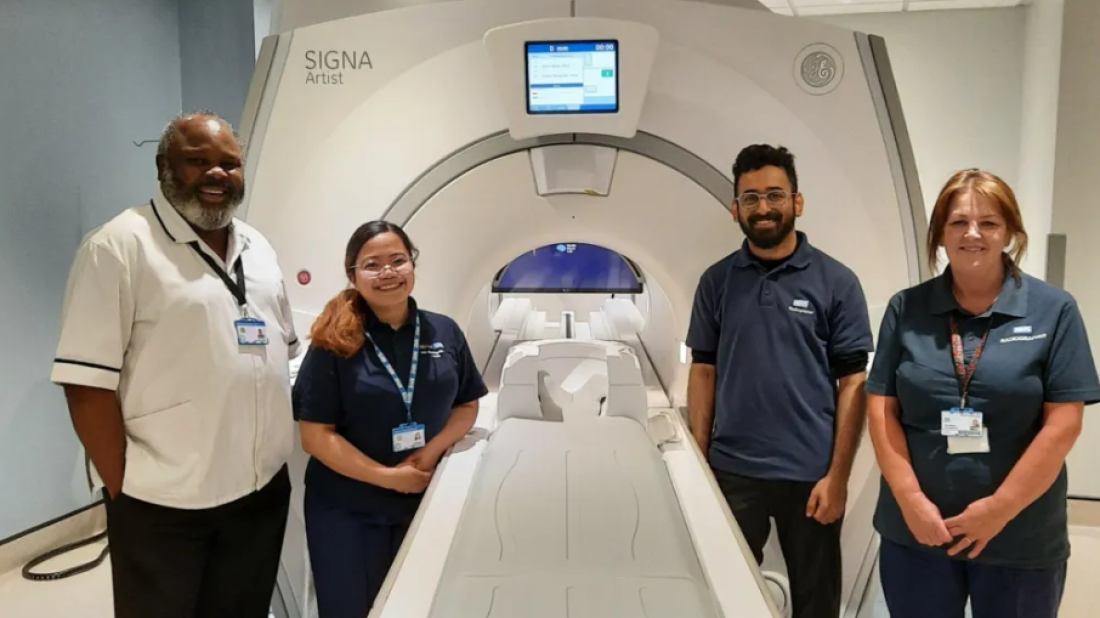

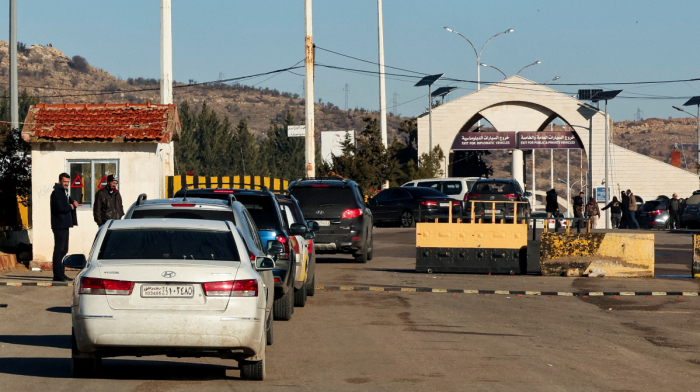

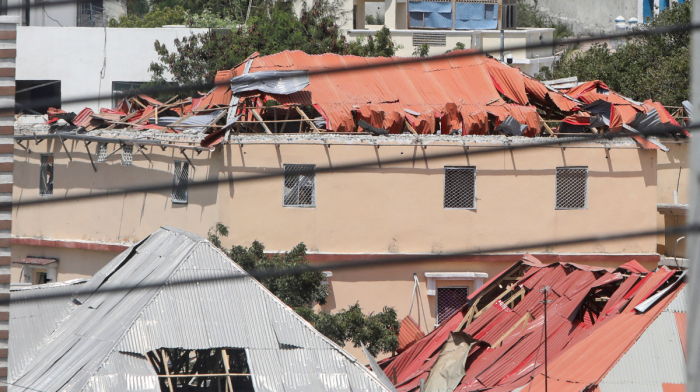







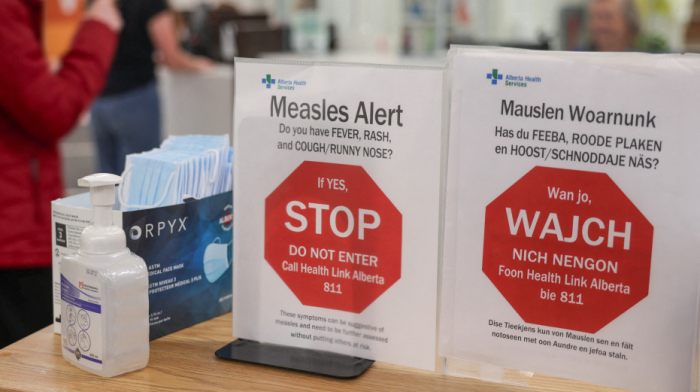

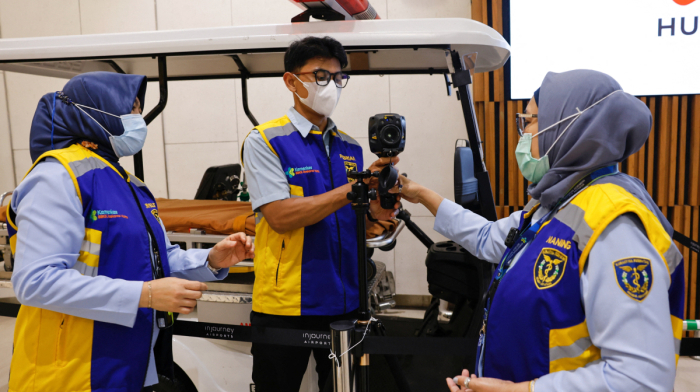

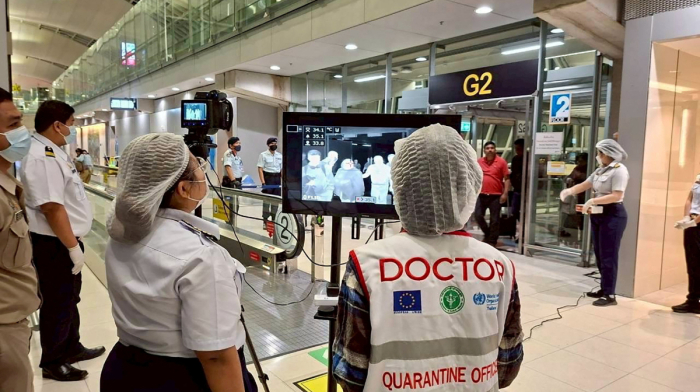



What is your opinion on this topic?
Leave the first comment